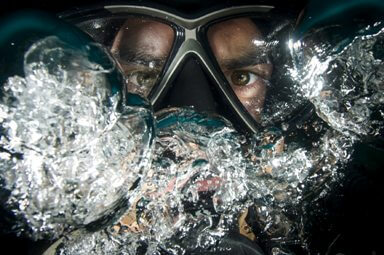Treatment of decompression sickness

All cases of decompression sickness should first be treated with 100% oxygen in the hyperbaric chamber (oxygen therapy). If a patient is treated with 100% oxygen immediately and then treated in the pressure chamber, the risk of long-term damage is significantly reduced. However, there is a possibility that permanent damage to the tissue due to decompression sickness may persist.
How it works? Diving ships contain mainly nitrogen and oxygen. The deeper and longer the dive, the more nitrogen gets into the blood. Before leaving the water, the diver must wait until the excess amount of nitrogen in the bloodstream has been exhaled. Otherwise, excess nitrogen will form small bubbles in the body that clog the vessels and cause inflammation. The nitrogen content of the blood is directly proportional to the number of blisters and the severity of the disease.
Decompression sickness is one of many circumstances associated with diving. Beginners sometimes believe that their nosebleeds are caused by the over-pressed face mask. In fact, however, her nostrils were damaged by a pressure change, causing bleeding. Divers who experience toothache are advised to visit their dentist. You probably have tooth cavities. If left untreated, changing the pressure can cause rupture of the rotting tooth.
Diving can be a dangerous sport, but with proper training and without overestimating your limits, diving can be enjoyed by anyone without endangering your life. One of the most important preventative measures is to have diving buddies. Do not dive alone. Form a group of two to three people and stay close together in the water so that you can provide immediate assistance in the event of an accident. Some of the most tragic diving accidents did not occur due to lack of preparation but, for example, because the divers were not seen by a passing boat. Water sports are a lot of fun, but you should always stay alert so you do not get beyond yourself.

